On a mission in Croatia: Action for more Marine and Nature Protection
From September 19 to 22, I visited Croatia to get an idea of the marine protected areas in a Mediterranean country and to see to what extent the EU decisions regarding marine protection are implemented on the ground. I met with NGOs to talk about the challenges but also successes in marine and environmental protection. I also went to the Kornati National Park to see how it really is as a marine and nature reserve.
The Mediterranean is particularly interesting because of its diverse biodiversity. However, it is also one of the most overfished areas in Europe and protection efforts are lagging behind, compared to other sea basins in Europe. Likewise, this area is more affected by climate change, as the sea here is warming twice as fast as the global average.
Kornati National Park as a Marine Protected Area
On September 20, the director of the Kornati National Park and biologists working in the park showed me the archipelago on a boat tour. We also stopped in Vrulje, the operational base of the park. Kornati National Park is a group of islands in the centre of the Croatian part of the Adriatic Sea. Most of the Kornati archipelago became a national park in 1980. The protected area of Kornati includes both the land, and the surrounding sea, which is home to many algae species, corals, sea birds, bottlenose dolphins and loggerhead turtles. Park officials visit the archipelago regularly to monitor the current situation. Park rangers and police patrol the archipelago. We discussed recreational fishing, which is especially popular among tourists, a fact that makes locals dissatisfied, as traditional fishing is not allowed at the same time. Outside the national park, trawl nets are also used for fishing, which is an additional challenge to protect this delicate area.
Achoring of Ships: A Problem for the Seabeds
Another problem is invasive species. In the sea, it is the red algae, who are able to change the ecosystem. In addition, free anchoring is extremely problematic. In some areas of the national park, anchoring of recreational boats is allowed, but this destroys Posidonia oceanica, the seagrass known as the "lungs of the sea." This seagrass absorbs carbon, so it is essential to protect it. Once the sea grass is destroyed, it is extremely difficult to reverse the process. In addition, environmentally friendly anchoring systems are already in place, so park officials plan to ban free anchoring altogether.
Civil Society and Scientific Organisations take Action for the Environment
Besides my visit to Kornati Park, I also met up with civil society and scientific organisations. In Split, for example I met with the Institute of Oceanography and Fisheries. They showed me information about recovery of certain species in Jabuka/Pomo Pit, a protected area in the Adriatic Sea between Italy and Croatia. Jabuka is home to European hake and Norwegian lobster, among other species, which play an important role in fisheries. Since the area has been protected, the biomass of Norwegian lobster has doubled and that of European hake has increased by as much as 2.5 times.
On the last day in Croatia, I met with representatives of the NGO Sunce, one of the leading civil society organizations in Croatia advocating for and informing about environmentally sustainable solutions. They work on a variety of topics, including nature conservations, waste management and environmental law. They told us about their work as monitors of the implementation of environmental legislation in Croatia and the challenges they face. One challenge, for example, is the cooperation with fisheries regarding their mentality. Only recently, has there been a change in thinking about overfishing and the resulting endangered future of fisheries.
My Work in the European Parliament for more Marine Protection
This mission provided me a lot of valuable insight. I was happy to hear about good examples of cooperation between NGOs and the Croatian authorities, how NGOs make sure that EU decisions are actually implemented and how fish stocks in the Adriatic are recovering in protected areas. I will take that insight back to the European Parliament and will continue to fight for environmental, climate and marine protection there.


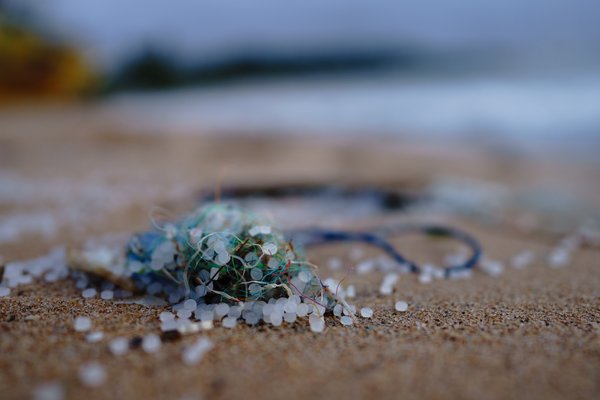
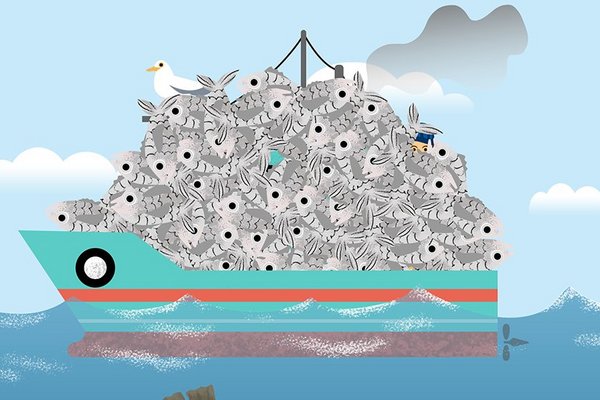
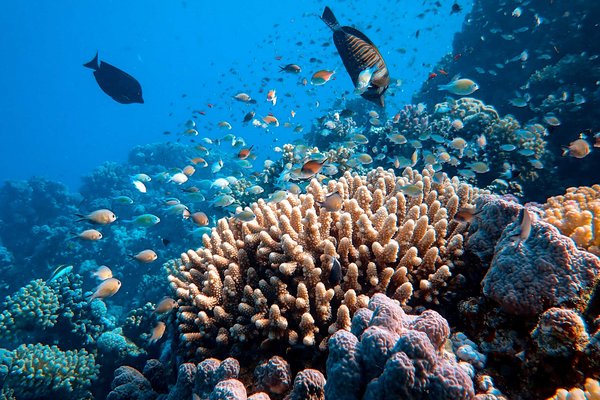
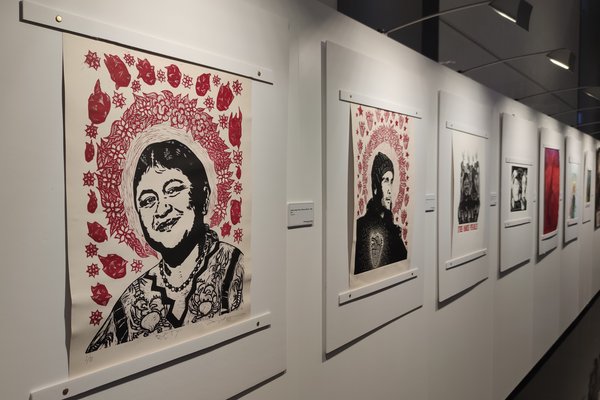
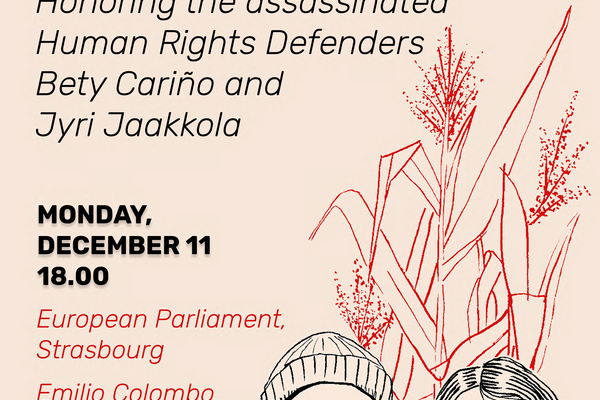
![[Translate to English:] Zeichnung von einem Mann und einer Frau mit der Überschrift Bety y Jyri.](/fileadmin/_processed_/5/1/csm_230614_BetyJyri-Website_96cba086d2.jpg)